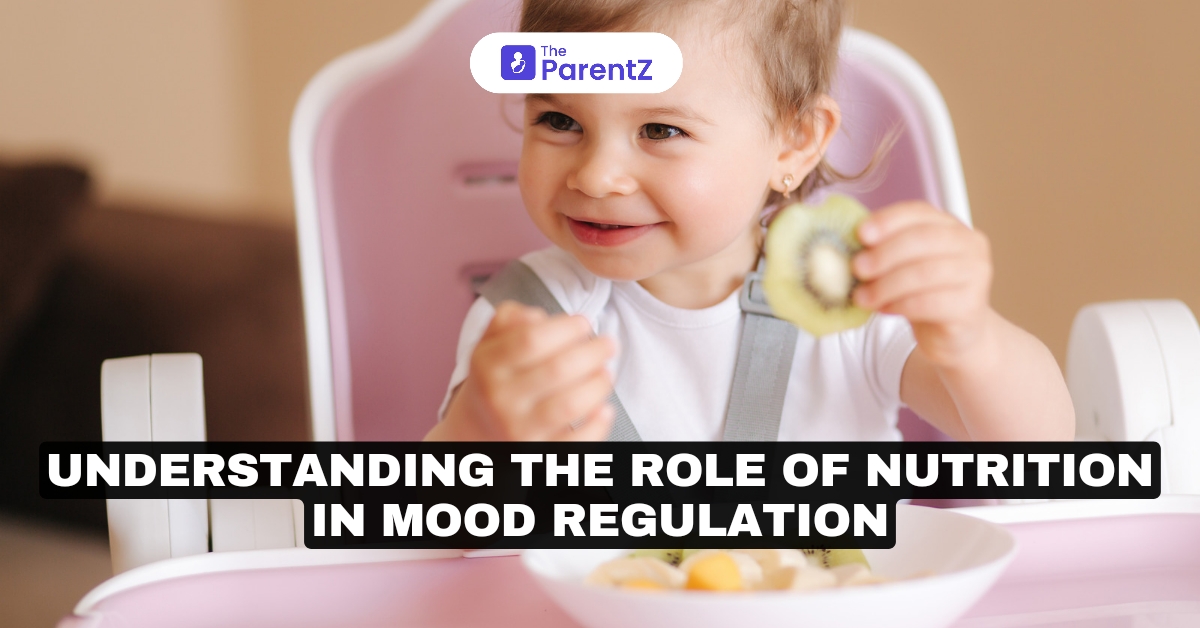The connection between diet and mental health has gained significant attention in recent years. While the focus has traditionally been on physical health, research increasingly highlights the role of nutrition in mood regulation. This article delves into the relationship between what we eat and how we feel, emphasizing the importance of a balanced diet in maintaining emotional well-being.
The Gut-Brain Axis
At the heart of the connection between nutrition and mood lies the gut-brain axis, a complex communication network linking the gut and the brain. This axis is influenced by the gut microbiome, a vast community of microorganisms residing in the digestive tract. Research led by Dr. John Cryan at University College Cork has shown that the gut microbiome plays a crucial role in producing neurotransmitters like serotonin, which is often referred to as the "feel-good" hormone. In fact, about 90% of serotonin is produced in the gut.
An imbalance in the gut microbiome, often caused by poor diet, can disrupt the production of these neurotransmitters, leading to mood disorders such as depression and anxiety. A diet rich in fiber, fruits, and vegetables promotes a healthy gut microbiome, supporting the production of mood-regulating neurotransmitters.
The Impact of Specific Nutrients
Certain nutrients have a profound impact on brain function and mood regulation. Omega-3 fatty acids, found in fish, flaxseeds, and walnuts, are essential for brain health. Studies published in the American Journal of Clinical Nutrition have shown that individuals with higher omega-3 intake are less likely to experience depression. These fatty acids play a role in reducing inflammation and supporting the structural integrity of brain cells, which is vital for maintaining a positive mood.
Similarly, B vitamins, particularly B6, B12, and folate, are crucial for the production of neurotransmitters. A deficiency in these vitamins can lead to increased levels of homocysteine, an amino acid associated with depression. Foods rich in B vitamins, such as leafy greens, eggs, and legumes, should be a staple in any diet aimed at supporting mental health.
Magnesium is another nutrient with a significant impact on mood. Known as nature's relaxant, magnesium is involved in hundreds of biochemical reactions in the body, including those that regulate mood. Low levels of magnesium have been linked to anxiety and irritability. Incorporating magnesium-rich foods like nuts, seeds, and whole grains can help alleviate these symptoms.
The Role of Diet in Inflammation
Chronic inflammation is increasingly recognized as a contributing factor to mood disorders. Diets high in processed foods, sugar, and unhealthy fats can trigger inflammation in the body, affecting brain function and leading to conditions like depression. Conversely, an anti-inflammatory diet rich in fruits, vegetables, whole grains, and healthy fats can reduce inflammation and support mental well-being.
The Mediterranean diet, known for its emphasis on fresh produce, olive oil, and fish, has been extensively studied for its mental health benefits. A meta-analysis published in Molecular Psychiatry found that individuals following a Mediterranean diet had a lower risk of depression. This diet's anti-inflammatory properties, combined with its support for a healthy gut microbiome, make it an excellent choice for mood regulation.
The Impact of Blood Sugar Levels
Blood sugar levels also play a critical role in mood regulation. Sudden spikes and crashes in blood sugar can lead to irritability, anxiety, and fatigue. Consuming a diet rich in refined carbohydrates and sugar causes these fluctuations, leading to mood swings and energy crashes.
To maintain stable blood sugar levels, it's essential to focus on complex carbohydrates like whole grains, fruits, and vegetables. These foods release sugar slowly into the bloodstream, providing a steady source of energy and preventing mood swings. Pairing carbohydrates with protein and healthy fats further stabilizes blood sugar levels and supports mood regulation.
The Importance of Hydration
Dehydration is often overlooked as a factor in mood regulation. Even mild dehydration can lead to irritability, difficulty concentrating, and fatigue. The brain is highly sensitive to changes in hydration, and ensuring adequate water intake is a simple yet effective way to support mental health.
Encouraging children and adults alike to drink water regularly throughout the day can have a positive impact on mood and cognitive function. Herbal teas and water-rich foods like fruits and vegetables also contribute to overall hydration.
Conclusion
The link between nutrition and mood regulation is undeniable. By understanding the impact of specific nutrients, maintaining a healthy gut microbiome, and following an anti-inflammatory diet, individuals can support their mental health through the foods they eat. It's a powerful reminder that what we put on our plates has a direct impact on how we feel, both physically and emotionally.





Be the first one to comment on this story.